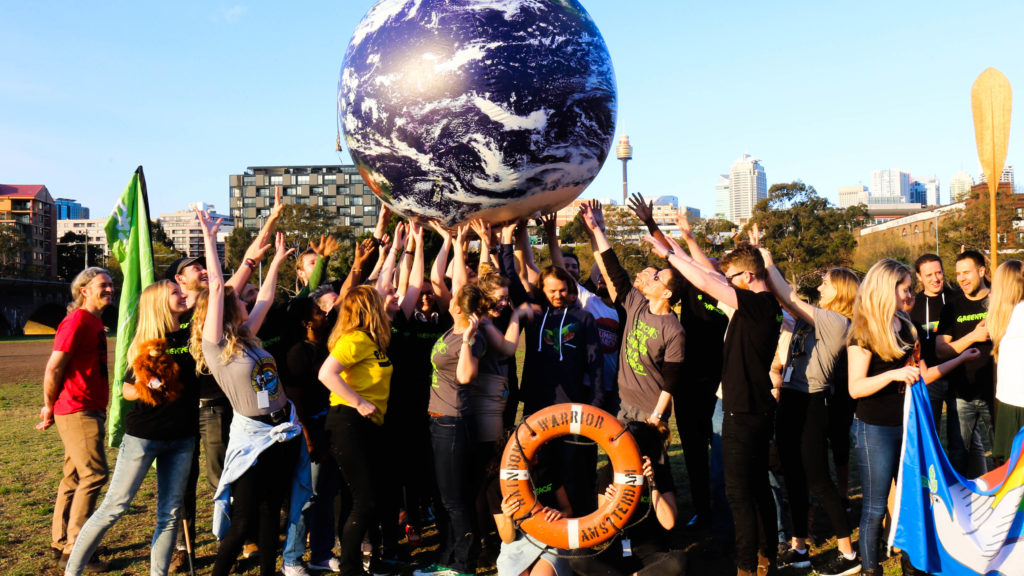Yet as nations began wrapping up the difficult talks at the UN Climate Change Conference, also known as COP26 in Glasgow, false solutions, such as net-zero offsets and carbon markets ended up on the agenda.
Essentially, it means commitments from nations or companies to end the burning of fossil fuels, and the abandonment of carbon offset credit trading and an acceleration toward fossil-free energy as soon as possible.
Greenpeace International distributed a global online poll from 27 October to 7 November 2021 in eight languages -English, Spanish, French, German, Portuguese, Danish, Chinese, and Hebrew.
When asked “When should nations achieve net-zero emissions?” 77.5% of respondents answered, “as soon as possible.” Only 14.7% said by 2030 and 3.5% said by 2050 and 1% said later than 2050.
This is a warning to companies jumping on the net-zero bandwagon without disclosing serious plans to curb fossil fuel usage.
As of February 2021, 92 name brands have made such announcements including BP, British Airways, Facebook, Qantas, Qatar Airways, Shell, TotalEnergies, and more.
Through mandatory and voluntary carbon offset schemes, rich polluters spew gigatons of carbon dioxide, methane and nitrous oxide into the atmosphere each year and then purchase carbon offset credits so that their emissions are canceled on paper.
Some are tied to renewable energy projects, but many others are tied to cordoning off natural carbon sinks like forests or peatlands, which often displace local communities who rely upon it.
